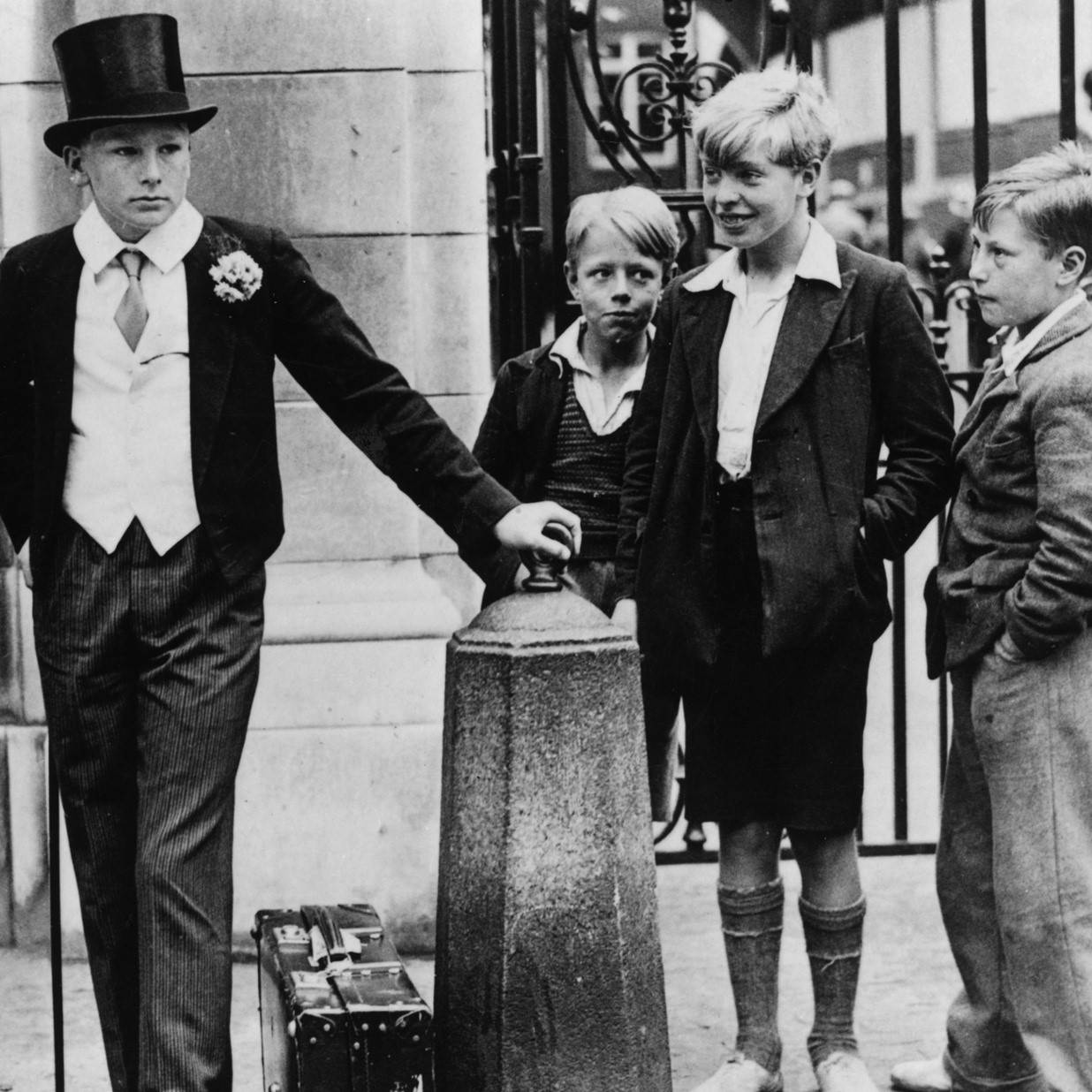April 13, 2017
US millennials hold complex and even traditional attitudes to working families 0
 A report from the US based Council on Contemporary Families claims that younger millennials have a much more complex and even traditional attitude than recent generations towards issues such as gender roles, workplace equality and working families arrangements. The study has monitored the attitudes of 50,000 18-25 year olds in the US since 1975. The most recent study, based on data from 2014, found that fewer of the current generation in that age category support egalitarian family arrangements than the same group 20 years ago. It suggests that while attitudes became uniformly more egalitarian throughout the 40 year period of the research, a more complex picture has now emerged in which positive attitudes towards traditional gender roles in families seem to be returning to the levels they were at the beginning of the 1980s, even though there is near universal agreement with ideals such as equality in the workplace and parental leave.
A report from the US based Council on Contemporary Families claims that younger millennials have a much more complex and even traditional attitude than recent generations towards issues such as gender roles, workplace equality and working families arrangements. The study has monitored the attitudes of 50,000 18-25 year olds in the US since 1975. The most recent study, based on data from 2014, found that fewer of the current generation in that age category support egalitarian family arrangements than the same group 20 years ago. It suggests that while attitudes became uniformly more egalitarian throughout the 40 year period of the research, a more complex picture has now emerged in which positive attitudes towards traditional gender roles in families seem to be returning to the levels they were at the beginning of the 1980s, even though there is near universal agreement with ideals such as equality in the workplace and parental leave.














 UK employers are unprepared for gender pay gap reporting legislation, with more than a third (32 percent) failing to review salaries across genders to safeguard against pay discrimination. This is despite the fact that the Equality Act 2010 (Gender Pay Gap Information) Regulations 2017 come into force later this week (6th April) which will require UK companies with more than 250 staff to keep records of gender pay and bonuses. Totaljobs’ survey of 4,700 employees and 145 employers found that 82 percent of companies are not reviewing their gender equality/equal pay policy and 58 percent don’t have salary information available across roles and genders. Little more than half (53.1 percent) of employers feel “very confident” that salaries are equal across the genders. While employers will be required to keep salary records, the research showed men are currently more likely to receive a bonus than women and typically receive more. In the past year, 43 percent of men received a bonus of £2,059, on average, versus 38 percent of women, who, on average, received £1,128.
UK employers are unprepared for gender pay gap reporting legislation, with more than a third (32 percent) failing to review salaries across genders to safeguard against pay discrimination. This is despite the fact that the Equality Act 2010 (Gender Pay Gap Information) Regulations 2017 come into force later this week (6th April) which will require UK companies with more than 250 staff to keep records of gender pay and bonuses. Totaljobs’ survey of 4,700 employees and 145 employers found that 82 percent of companies are not reviewing their gender equality/equal pay policy and 58 percent don’t have salary information available across roles and genders. Little more than half (53.1 percent) of employers feel “very confident” that salaries are equal across the genders. While employers will be required to keep salary records, the research showed men are currently more likely to receive a bonus than women and typically receive more. In the past year, 43 percent of men received a bonus of £2,059, on average, versus 38 percent of women, who, on average, received £1,128.






 Accommodation and food services, manufacturing, and transport industries will be hardest hit by limits on movement of EU and non-EU workers following Brexit, a new report has claimed. The latest edition of Mercer’s
Accommodation and food services, manufacturing, and transport industries will be hardest hit by limits on movement of EU and non-EU workers following Brexit, a new report has claimed. The latest edition of Mercer’s 











